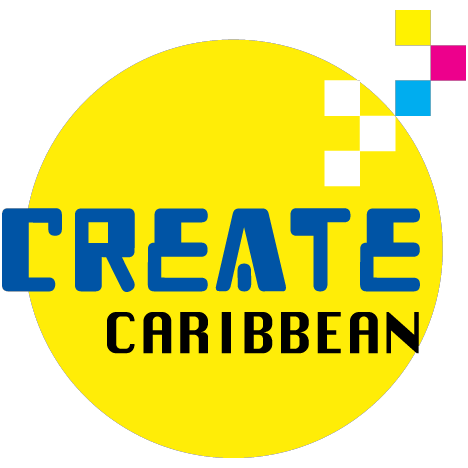I found this list called “How to do Well in this Course” while browsing material to prepare for teaching this course. The author provides some useful tips for students that you may find valuable.
(“How to Do Well in this Course” adapted from a syllabus written by Christopher Douglas, University of Victoria Department of English.)
Read the material before we discuss it. Otherwise, you will not be able to follow conversations in class, let alone the lectures. Plus, demonstrating you’ve read the material means no quizzes.
Write while you read. For me this means annotating a text as I read it. You can annotate print and digital texts. (See me if you need ideas or resources.)
Come to class with ideas and questions. Be curious. Seek connections between texts, between projects, and between this course and others, even in other disciplines.
Take notes during class meetings. A good portion of your Final Project and Audit will intersect with what we talk about in class. Students who take good notes understand and retain the material better and then do better than students who do not.
Let me know when you don’t follow what I’m saying. I am not aware of what you do not know or do not understand, and I may assume more contextual knowledge on your part than you have. I find this stuff fascinating, but I will not always know what you want to investigate or know more about – so please tell me.
Persuasive projects take time. Before you submit a blog entry, and most certainly before you submit your proof of concept, consider circulating drafts. Ask friends or peers to give your work a gander. Come chat with me during office hours. Consider how your project can extend and even complicate our in-class discussions. Also avoid writing blog entries that are primarily descriptive.
Think of your blog entries as thought pieces that lead to your Final Project. Feel free to ask questions without answering them. The blog entries should also build upon each other (e.g., “In my last entry, I wrote…”). Over time, they should function as a way for you to refine your interests and pursue them—in a sustained way—through the collaborative project.
During class and in writing, be concrete when you comment on anyone’s work (including the texts we’re discussing). Quote it. Speak to specific gestures. And then respond with your own interpretations. When the work is by a peer, be sure to affirm his or her ideas (e.g., “I like how you…”).
Use the blog to share ideas and discuss the texts outside of class. If you have a question, then ask your classmates. If you hear something you want to remember, blog it for later reference. If you like an entry by someone outside of your cluster, then leave a comment saying so.
